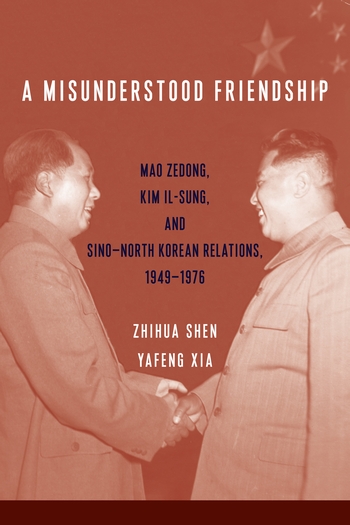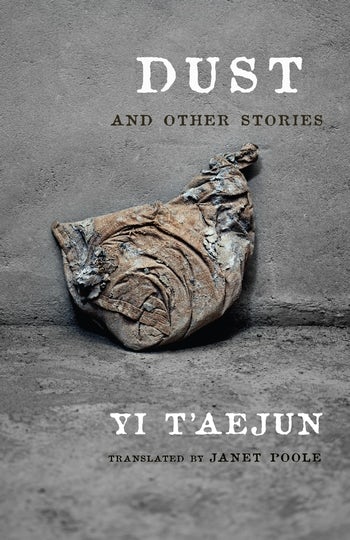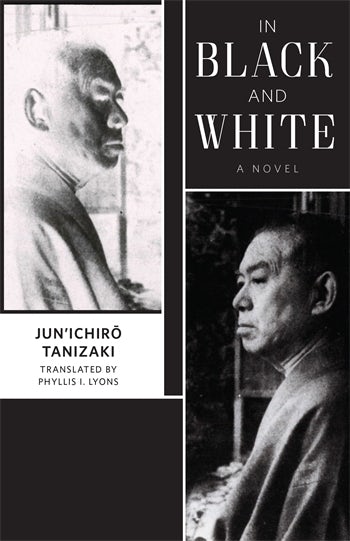A New Light on Sino–North Korean Relations

“Anyone who reads this groundbreaking study will gain a new perspective on current Sino-North Korean relations… It will be a must-read for all who are interested in the Cold War in East Asia.”
~ Gregg Brazinsky, George Washington University, author of Winning the Third World: Sino-American Rivalry During the Cold War
This week we’ve been featuring works of Korean literature and the topic of Korea. Today’s guest post comes to us from, the authors of A Misunderstood Friendship: Mao Zedong, Kim Il-sung, and Sino–North Korean Relations, 1949–1976. In this post, which is translated by Yafeng Xia, Zhihua Shen discusses the political concerns surrounding the publication of this book.
• • • • • •
In mid-August 2018, I was so delighted to receive eleven copies of my co-authored book, A Misunderstood Friendship, published by Columbia University Press. As an author from Mainland China, I would like to share my thoughts about this with readers in the English-speaking world.
Why was I so thrilled to receive the complimentary copies of the book? When the earlier version of the book was published in Japanese in September 2016 and in Korean in March 2017, I also received advance copies, in both Japanese and Korean. At the time, I did not feel particularly excited because it is quite normal for an author to receive advance copies of his/her published works. When the book was published in Chinese in July 2017, the Chinese University Press (of Hong Kong) invited me to Hong Kong for a book launch celebration. After the event, I carried several copies of the Chinese version of the book with me from Hong Kong to Beijing, but all these books were confiscated by Chinese Customs officials at the Beijing airport. I told the officials at the Customs checkpoint: “I am the author. What is wrong with my bringing home several copies of my own book?” After requesting for instructions from their higher-ups, the officials said that it was required that the books be confiscated. Hence, I had no choice but to hand them over and then later to purchase pirated copies of my own book from an online bookstore.
“I am the author. What is wrong with my bringing home several copies of my own book?”
In early August, when I was informed that Columbia University Press had sent complimentary copies to my address in Beijing, I was really worried. But after receiving the copies, I came to realize that the Chinese authorities do not pay much attention to published works in foreign languages. Due to political concerns, the initial manuscript for this book had failed to pass the review by the General Administration of Press and Publication in Mainland China and thus it was not allowed to be published in the Mainland. I think that what most worried the Chinese authorities is that if it were to have been published on the Mainland, ordinary Chinese people would have had access to it and would have been able to read it. Why is it that the authorities worry if the Chinese reading public is able to obtain copies of this book?
Why is it that the authorities worry if the Chinese reading public is able to obtain copies of this book?
This book reveals a number of historical truths. For several decades, there has been a popular saying in Mainland China, “The Sino–North Korean relationship was forged with fresh blood and tested in war, and it is an unbreakable alliance.” Before I began the project, I was deeply influenced by this formulation. I had some doubts about it, but at the time I did not have a very deep understanding of the relationship. After some research, however, I realized that this formulation about Sino–North Korean relations was merely a “myth” circulated among central leaders and ordinary citizens. Whoever dared to question the myth would be discredited.
In 2009, the Chinese military invited me to carry out a comprehensive study of the history of Sino–North Korean relations. It seems that certain Chinese military leaders were puzzled about the true nature of the relationship. After several years of archival research, I came to realize that the Sino–North Korean relationship is a “misunderstood friendship”; it had been invented to be used merely as a slogan for propaganda purposes. But after many years of such propaganda, both China and North Korea began to accept the propaganda as the truth. In fact, the formulation was really a deceptive myth. The question became whether any Mainland Chinese scholars would dare to refute the myth, and if so, how would they go about doing it.
The most difficult part of the project was to locate and collect the relevant historical documents. This was especially the case because of the political sensitivity of the topic. In this book, we have made good use of archival documents from over ten countries, including China, Russia, the United States, South Korea, Japan, and North Korea’s former East European allies during the Cold War. Indeed, the most important and most difficult materials to locate were the Chinese and North Korean archival documents. We are fortunate that the archives of the Chinese Ministry of Foreign Affairs as well as provincial and municipal Chinese archives were relatively open at the time.
The most difficult part of the project was to locate and collect the relevant historical documents.
I did research in the archives of all Chinese border provinces, in particular those in the Northeast. The documents I located were truly very helpful. In addition, I was given access to internal reference materials and collections compiled by central organizations of the Chinese Communist Party, such as the International Liaison Department. These unpublished materials include, for example, transcripts of Mao Zedong’s conversations with Kim Il-sung and other senior North Korean leaders. Even though we have not had any access to North Korea’s archival documents, many published materials are available. It took a considerable amount time to compare and identify the authenticity of such published documents. Thus, we spent at least four years researching and investigating the historical documents and materials before we could write up a preliminary manuscript.
Chinese scholars who engage in academic research and publication of their own works face many political risks. The fact that the Chinese version of this book was not allowed to be published in Mainland China and copies of the Hong Kong Chinese-language version were confiscated by the Chinese authorities is indicative of the Chinese government’s censorship of academic freedom. As historians, we must remain true to history. Ancient Chinese historians had a tradition of “writing the truth without fear or favor.” This has been passed down from generation to generation, and even though many writers have lost their lives or have been imprisoned, they have never compromised in their search for the truth. Perhaps one of the greatest differences between Chinese and Western scholars is that throughout their careers Chinese scholars have had to endure political controls and psychological pressures.
Chinese scholars who engage in academic research and publication of their own works face many political risks.
The most important contribution of the book is that it reconsiders the nature of Sino–North Korean relations during the Mao Zedong era. For a very long time, Korea was China’s vassal state and protectorate, and it remained under the jurisdiction of the Chinese dynasties. The minds of Chinese leaders (in particular Mao Zedong) were always fixated on the traditional concept of the Chinese “Celestial Empire,” used originally to describe the Chinese Emperor as the “Son of Heaven” and then expanded to refer to the Chinese empire. The interweaving of this concept with the theories of World Revolution and the Asian Socialist Bloc resulted in the so-called “last Celestial Empire.” If North Korea was willing to toe China’s political line, Mao Zedong would satisfy King Il-sung’s needs for financial assistance, manpower, and territory. Thus, throughout history Sino–North Korean relations have not been normal state-to-state relations. In contemporary terms, theirs has been an immature state-to-state relationship. During the reform and opening under Deng Xiaoping since late 1970s, Sino–North Korean relations have experienced major changes. The fundamental differences between the two countries, in terms of ideology, diplomacy, and geopolitical and economic interests, have become all the more apparent. In fact, it is no longer appropriate today to describe Sino-North Korean relations as an alliance. Thus it comes as no surprise that the Chinese authorities were fearful of publication of this volume on the Mainland.








